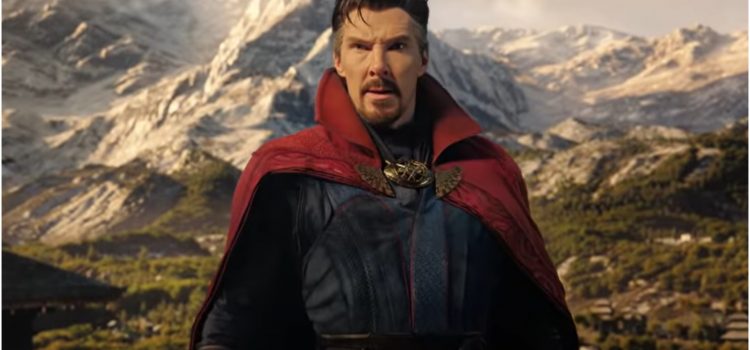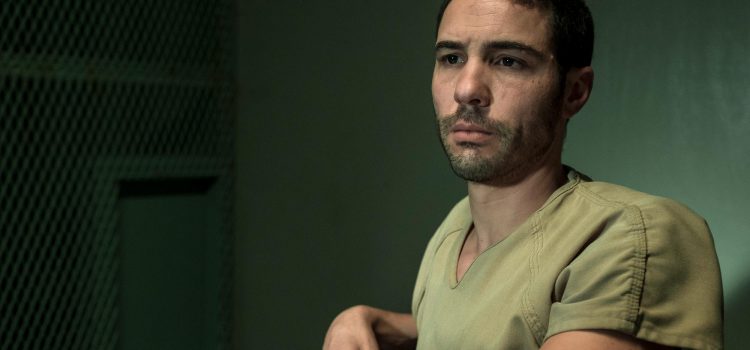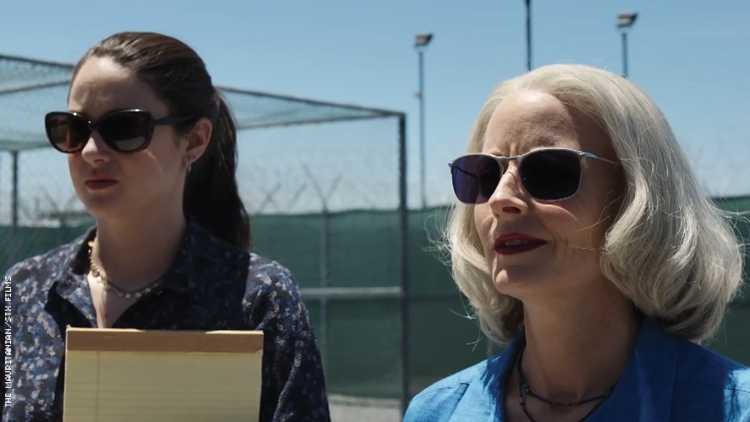By Lynn Venhaus
“Doctor Strange in the Multiverse of Madness” should be titled “The Madness of the Multiverse” instead, for expect a mélange of the mystical, the mind-bending, the mysterious – and the messy — in the long-awaited Marvel Cinematic Universe sequel.
Dense Marvel superhero lore is its imprint, for where the Marvel Cinematic Universe has been and where it wants to go is factored into each of their movies, tying things together (but these days, keeping up is getting to be a bigger chore in a very crowded field).
This latest entry picks up where the superior smash-hit “Spider-Man: No Way Home” left off, and it helps if you saw it – and the innovative 2021 limited series “WandaVision” on Disney+ .Dr. Stephen Strange cast a forbidden spell that opens the doorway to the multiverse, including alternate versions of himself, and pushes the boundaries in “Doctor Strange in the Multiverse of Madness.”
“Doctor Strange 2” is very inside for Marvel fanatics, who delight with every surprise and cameo, but for the casual viewers, it’s a struggle to sustain interest when things aren’t exploding or moving fast through different realities (or fantasies, take your pick).
The commanding Benedict Cumberbatch reprises his role as smart, sophisticated, sardonic surgeon Stephen Strange, whose origin story in 2016 was one of the best surprises of that year.
The medical marvel turned weird wizard has gone on to appear in the final two “Avengers” films – was among those lost in the ‘blip’ – and then played a major role in the third Tom Holland-led Spidey, where he messed with reality (“I did what I had to do”) and caused cataclysmic events.
This next MCU chapter connects other comic-book characters, those we’ve seen before and new to the screen, as well as presenting alternate versions of themselves, as the multiverse gets more of a workout. Cumberbatch gets to have three looks, including a grotesque zombie-like creature, but usually struts or flies around in his double-duty red cape looking powerful.
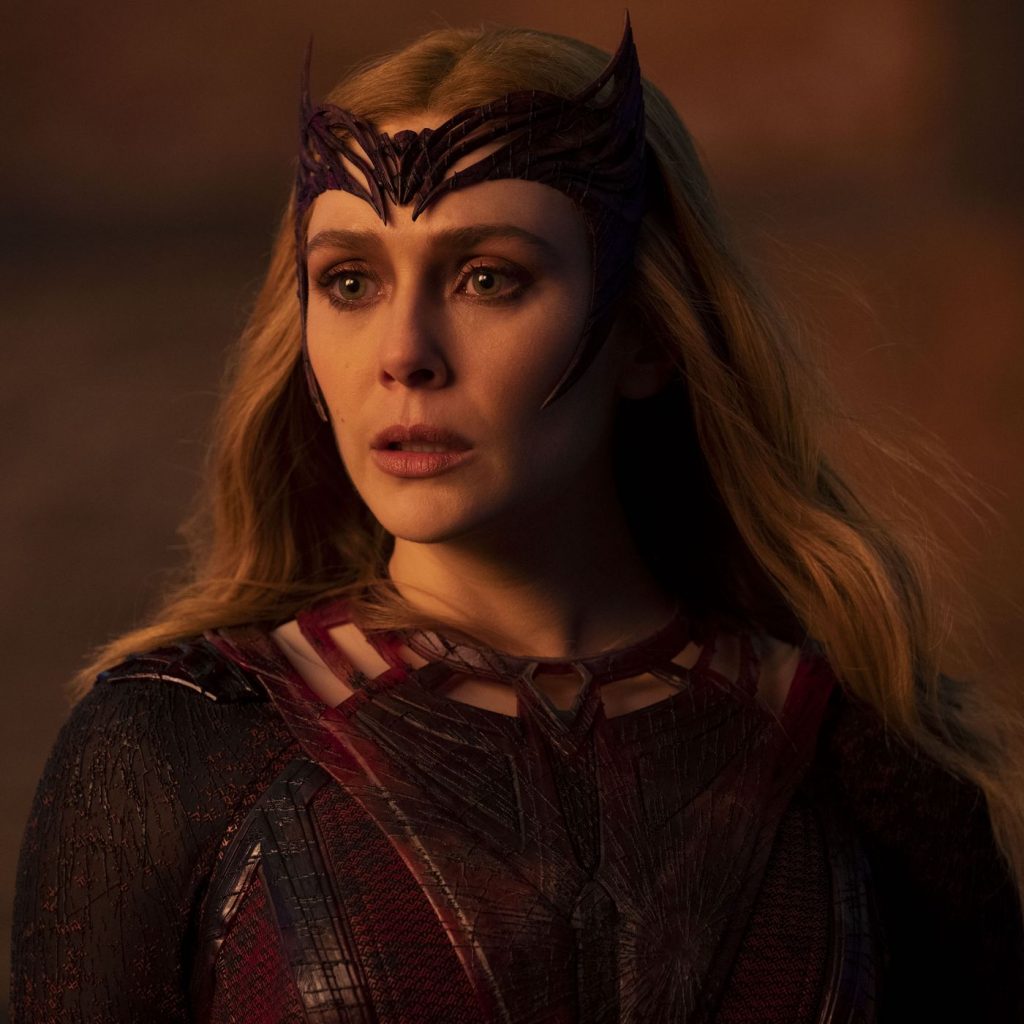
This sequel cuts to the chase right away, but then eventually breaks down in logic because the trippy visuals overtake the storytelling. This results in just another computer-generated spectacle overstuffed with electrical currents, disgusting monsters with gigantic tentacles, flying chunks of concrete and portals leading to other universes and dimensions.
Directed by the inventive Sam Raimi, a horror film auteur mostly known for the creepy and campy “Evil Dead” movies, he puts the dark in‘the dark hold,” heaps more fire and brimstone on, and adds more blood and gore to his Marvel canvas.
This is his first superhero movie since the Spider-Man trilogy he did with Tobey Maguire as Peter Parker in 2002, 2004 and 2007, and his first movie since the disappointing “Oz the Great and Powerful” in 2013.
The cast is fine — stalwart Benedict Wong returns as “Sorcerer Supreme” Wong, Rachel McAdams plays the good doctor’s ex-girlfriend Christine with a new role in one of the parallel universes, and newcomer Xochitl Gomez is the plucky America Chavez who can traverse between the universes. They also walk in and out of dreams.
The Illuminati is mentioned – which used to mean a secret society supposedly masterminding current events and conspiring to control world affairs, but now has other superheroes in the mix (?).
Besides battling big ugly demons, Strange’s main nemesis is The Scarlet Witch, aka Wanda Maximoff, who yearns to be a mother to two little boys in an alternate reality, but can’t because the good doctor won’t let her upset the universe further. Chaos ensues, but what is the end game exactly? Wanda has been good before, but now she is bad. Elisabeth Olsen is compelling showing both sides of the conflicted character.
The very name “science fiction” implies that it will bend time and space and logic as we know it, but it must make some sort of sense for people to be able to follow it.
Michael Waldron’s script is cumbersome in translating the comic book characters created by Stan Lee and Steve Ditko for the big green screen treatment. And while the visuals get high marks, the emotional connections needed to elevate the film aren’t there. And what is the “Book of Vishanti” anyway?
Waldron, who created “Loki,” tries to juggle too many characters, realities, magic mumbo-jumbo and constant leaping through time and space to have any kind of linear cohesiveness. While it’s fun to journey to a few different worlds in this genre, this is an overload that ardent fans will embrace — but others not so much.
I can’t tell where this genre adventure is going, but I’m caring less and less. Initially intrigued by the Doctor Strange character six years ago, have we come to the end of the road, or can he stand out enough moving forward?
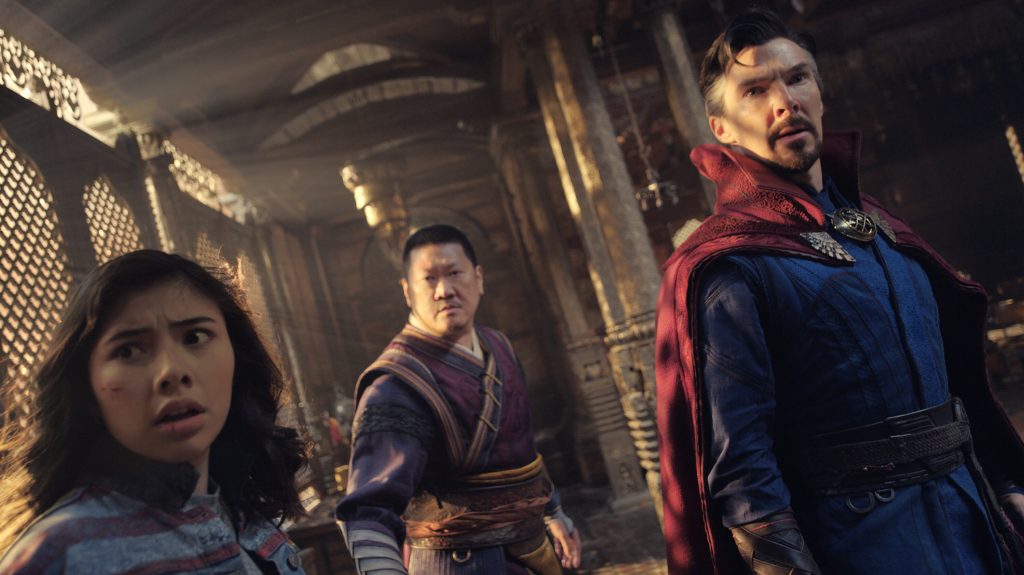
“Doctor Strange in the Multiverse of Madness” is a 2022 action-adventure superhero sequel directed by Sam Raimi and starring Benedict Cumberbatch, Elisabeth Olsen, Benedict Wong, Rachel McAdams and Xochitl Gomez. Rated: PG-13 for intense sequences of violence and action, frightening images and some language, it runs 2 hours, 6 minutes. Opens in theatres May 6. Lynn’s Grade: C.

Lynn (Zipfel) Venhaus has had a continuous byline in St. Louis metro region publications since 1978. She writes features and news for Belleville News-Democrat and contributes to St. Louis magazine and other publications.
She is a Rotten Tomatoes-approved film critic, currently reviews films for Webster-Kirkwood Times and KTRS Radio, covers entertainment for PopLifeSTL.com and co-hosts podcast PopLifeSTL.com…Presents.
She is a member of Critics Choice Association, where she serves on the women’s and marketing committees; Alliance of Women Film Journalists; and on the board of the St. Louis Film Critics Association. She is a founding and board member of the St. Louis Theater Circle.
She is retired from teaching journalism/media as an adjunct college instructor.

